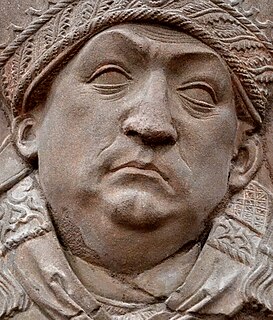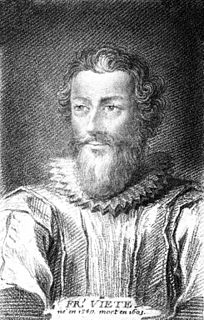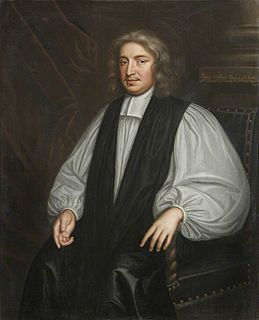 W
WAbu ‘Abd ar-Raḥmān al-Khalīl ibn Aḥmad ibn ‘Amr ibn Tammām al-Farāhīdī al-Zahrāni al-Azdī al-Yaḥmadī, known as Al-Farāhīdī, or Al-Khalīl, was an Arab philologist, lexicographer and leading grammarian of Basra based on Iraq. He is from the Zahran tribe. He made the first dictionary of the Arabic language – and the oldest extant dictionary – Kitab al-'Ayn - "The Source", introduced the now standard harakat system, and was instrumental in the early development of ʿArūḍ, musicology and poetic metre. His linguistic theories influenced the development of Persian, Turkish and Urdu prosody. The "Shining Star" of the Basran school of Arabic grammar, a polymath and scholar, he was a man of genuinely original thought.
 W
WLeon Battista Alberti was an Italian Renaissance humanist author, artist, architect, poet, priest, linguist, philosopher and cryptographer; he epitomised the Renaissance Man.
 W
WAugustus II, called the Younger, a member of the House of Welf was Duke of Brunswick-Lüneburg. In the estate division of the House of Welf of 1635, he received the Principality of Wolfenbüttel which he ruled until his death. Considered one of the most literate princes of his time, he is known for founding the Herzog August Library at his Wolfenbüttel residence, then the largest collection of books and manuscripts north of the Alps.
 W
WThomas Jefferson was an American statesman, diplomat, lawyer, architect, philosopher, and Founding Father who served as the third president of the United States from 1801 to 1809. He had previously served as the second vice president of the United States between 1797 and 1801. The principal author of the Declaration of Independence, Jefferson was a proponent of democracy, republicanism, and individual rights, motivating American colonists to break from the Kingdom of Great Britain and form a new nation; he produced formative documents and decisions at both the state and national levels.
 W
WAbu Yūsuf Yaʻqūb ibn ʼIsḥāq aṣ-Ṣabbāḥ al-Kindī was an Arab Muslim philosopher, polymath, mathematician, physician and musician. Al-Kindi was the first of the Islamic peripatetic philosophers, and is hailed as the "father of Arab philosophy".
 W
WPhilips of Marnix, Lord of Saint-Aldegonde, Lord of West-Souburg was a Flemish and Dutch writer and statesman, and the probable author of the text of the Dutch national anthem, the Wilhelmus.
 W
WGiambattista della Porta, also known as Giovanni Battista Della Porta, was an Italian scholar, polymath and playwright who lived in Naples at the time of the Scientific Revolution and Reformation.
 W
WAugustus II, called the Younger, a member of the House of Welf was Duke of Brunswick-Lüneburg. In the estate division of the House of Welf of 1635, he received the Principality of Wolfenbüttel which he ruled until his death. Considered one of the most literate princes of his time, he is known for founding the Herzog August Library at his Wolfenbüttel residence, then the largest collection of books and manuscripts north of the Alps.
 W
WFrancesco (Cicco) Simonetta was an Italian Renaissance statesman who composed an early treatise on cryptography.
 W
WRaphael Sobiehrd-Mnishovsky of Sebuzin and of Horstein was a Bohemian lawyer and writer, who held various secretarial, diplomatic, and judicial posts under Rudolf II, Mathias, Ferdinand II, and Ferdinand III, under whom Raphael was the attorney-general.
 W
WJohannes Trithemius, born Johann Heidenberg, was a German Benedictine abbot and a polymath who was active in the German Renaissance as a lexicographer, chronicler, cryptographer, and occultist. He had considerable influence on the development of early modern and modern occultism. His students included Heinrich Cornelius Agrippa and Paracelsus.
 W
WFrançois Viète, Seigneur de la Bigotière was a French mathematician whose work on new algebra was an important step towards modern algebra, due to its innovative use of letters as parameters in equations. He was a lawyer by trade, and served as a privy councillor to both Henry III and Henry IV of France.
 W
WBlaise de Vigenère was a French diplomat, cryptographer, translator and alchemist.
 W
WJohn Wilkins, was an Anglican clergyman, natural philosopher and author, and was one of the founders of the Royal Society. He was Bishop of Chester from 1668 until his death.
 W
WEdward Willes was an Anglican bishop who was Bishop of St David's and later Bishop of Bath and Wells and one of the most prominent English cryptanalysts of his time.